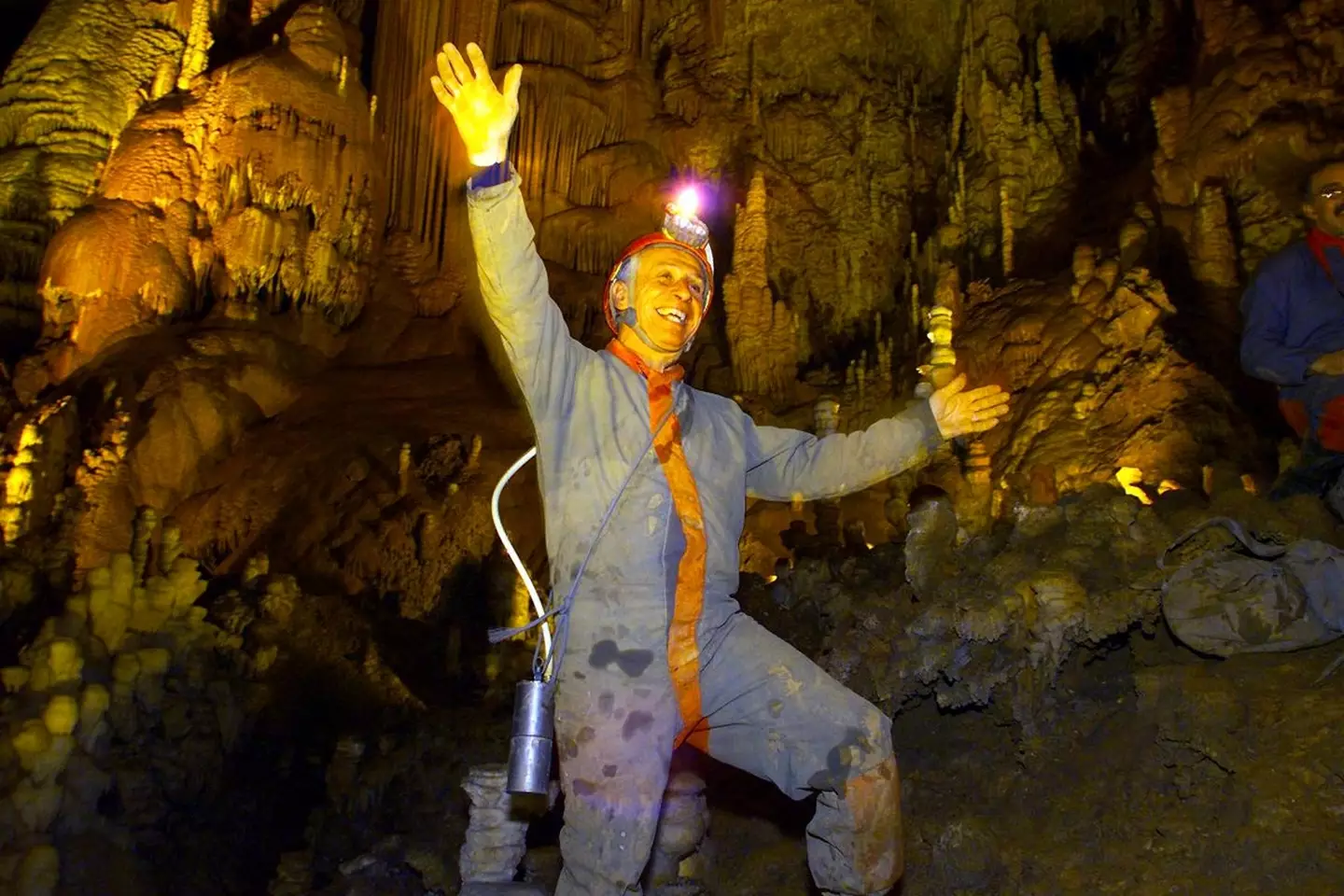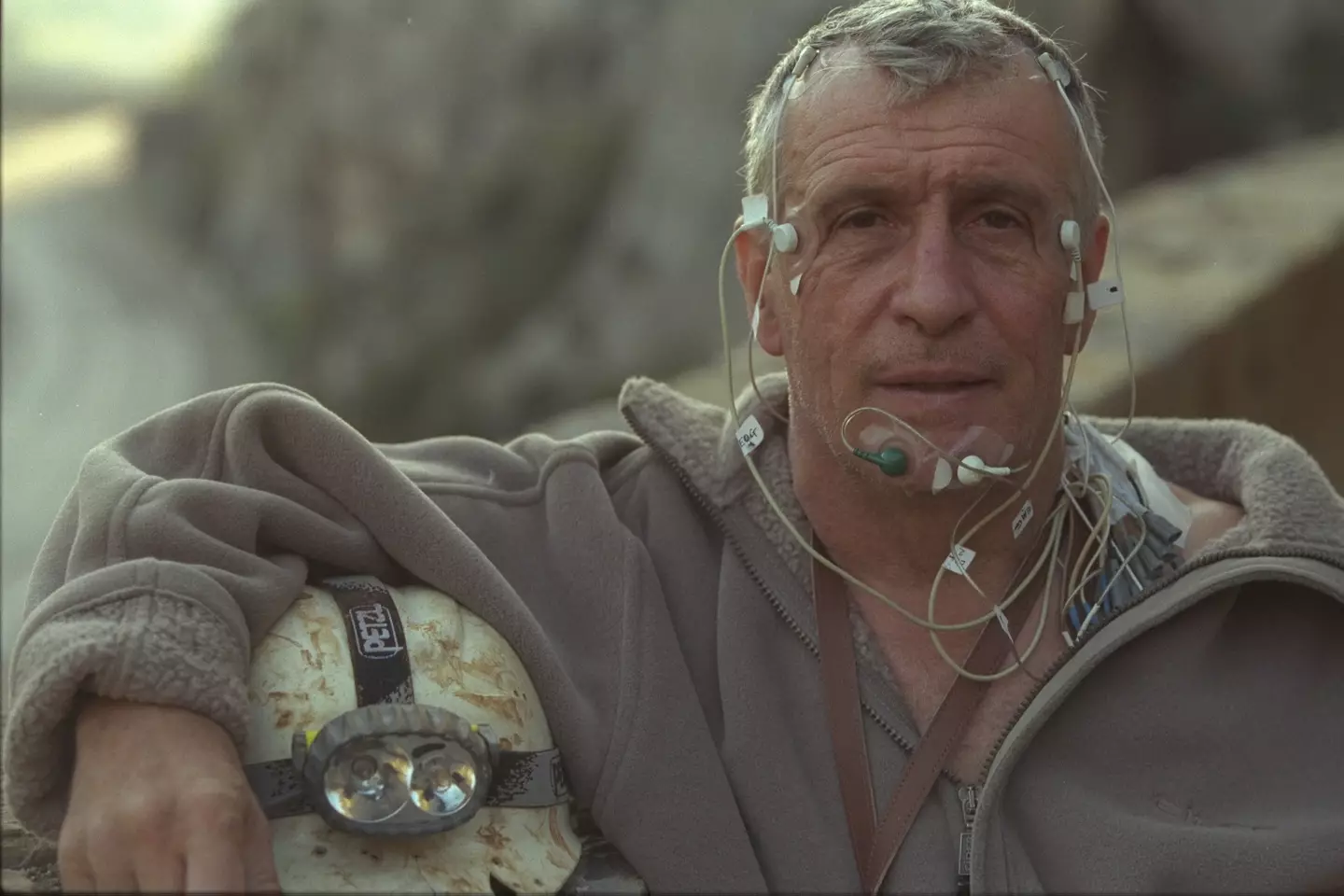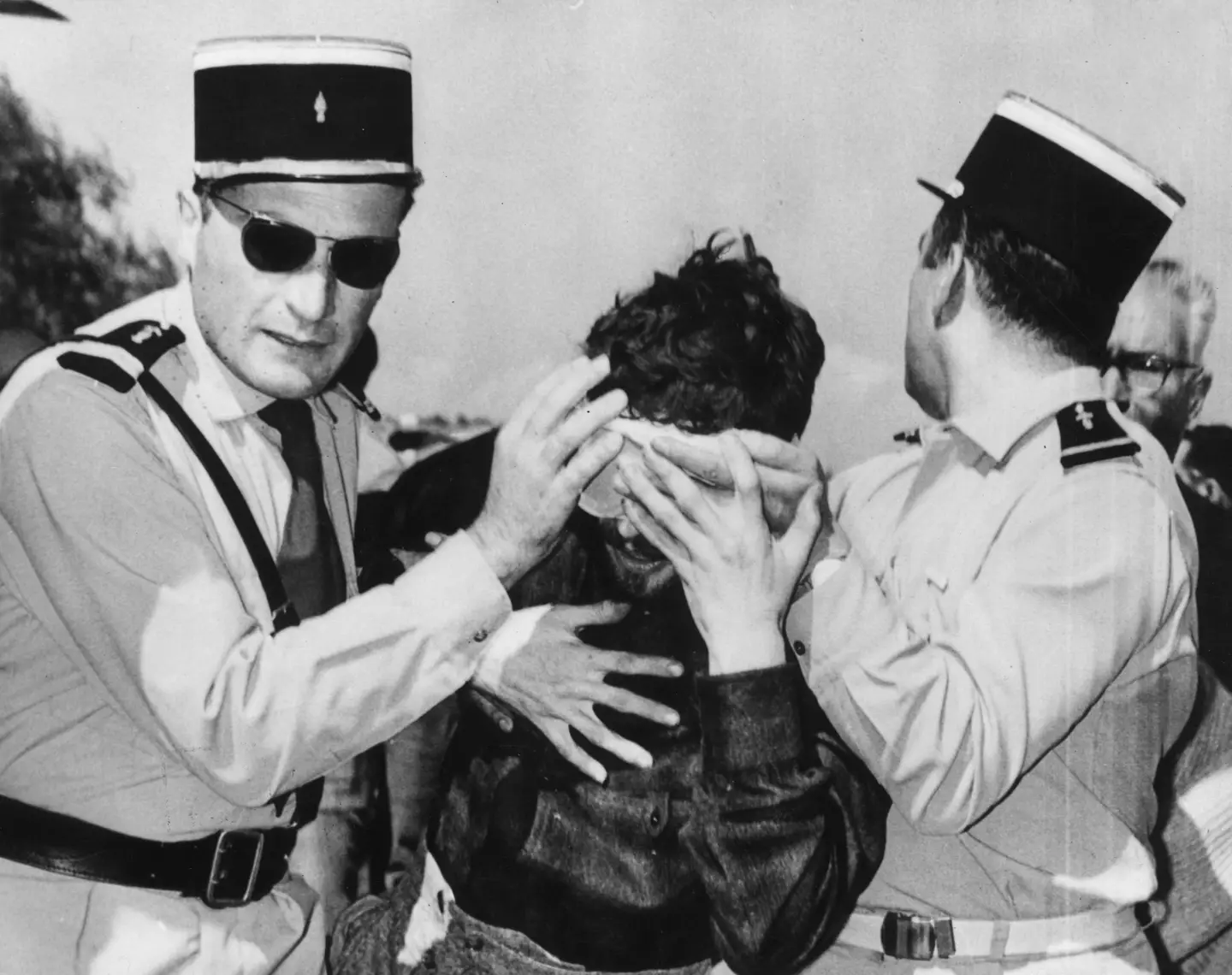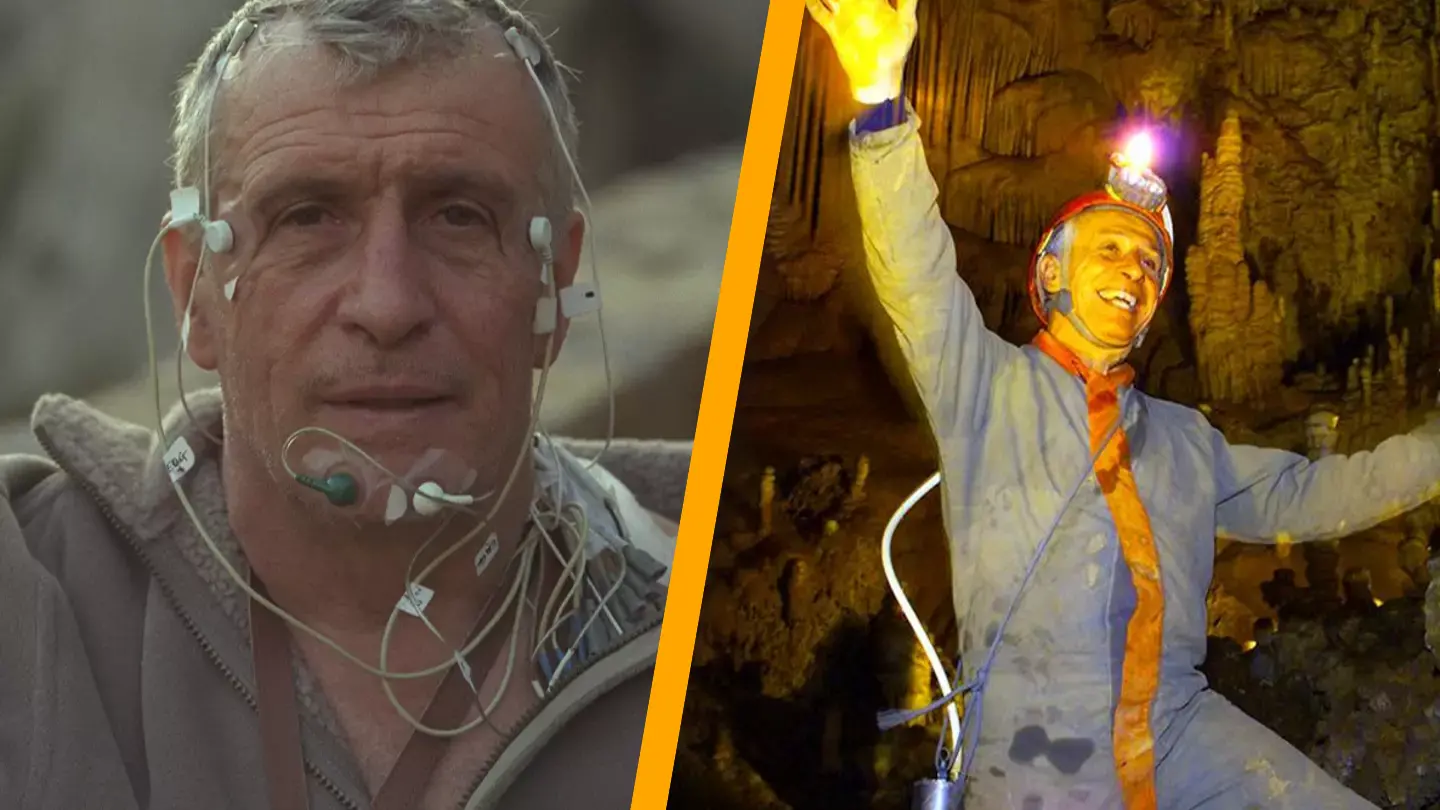Living in a cave for an extended period caused a man to lose all sense of time, greatly affecting his body clock.
The outside world is undeniably hectic. In 1962, Michel Siffre chose to disconnect from it entirely for an astonishing two months.
How did he manage that, you ask? He lived in a cave, which resulted in some remarkable impacts on his body and mind.
Inspired by the space race, Michel decided to station himself 130 meters below the surface in the Scarasson, a mountain in the Ligurian Alps.
The French explorer opted not to bring a wristwatch, and cell phones were scarcely available during that time.

As a result, Michel completely lost track of time, making it challenging to determine when to eat meals.
At just 23 years old, Michel chose to place himself next to a glacier. He slept and drank according to his body’s signals, rather than societal norms for meal times.
Michel’s remarkable findings shed light on how humans would adapt without clocks, calendars, or sunlight to indicate the time of day.
Discussing his unconventional mission, Michel told Cabinet Magazine in 2008: “This idea came to me—this idea that became the idea of my life. I decided to live like an animal, without a watch, in the dark, without knowing the time.”
“Instead of studying caves, you ended up studying time. Yes, I invented a simple scientific protocol.
“I put a team at the entrance of the cave. I decided I would call them when I woke up, when I ate, and just before I went to sleep. My team didn’t have the right to call me, so that I wouldn’t have any idea what time it was on the outside.”

“Without knowing it, I had created the field of human chronobiology.”
While in the cave, Michel monitored his pulse and conducted his own ‘psychological test’.
“I had to count from 1 to 120, at the rate of one digit per second. With that test we made a great discovery: it took me five minutes to count to 120. In other words, I psychologically experienced five real minutes as though they were two,” Michel explained.
Surprisingly, time passed very quickly for Michel. He believed he had a month left in the experiment when those on the surface informed him it was time to exit.

“My psychological time had compressed by a factor of two,” he added.
Michel elaborated: “I believe that when you are surrounded by night—the cave was completely dark, with just a light bulb—your memory does not capture the time.
“You forget. After one or two days, you don’t remember what you have done a day or two before. The only things that change are when you wake up and when you go to bed.
“Besides that, it’s entirely black. It’s like one long day.”

